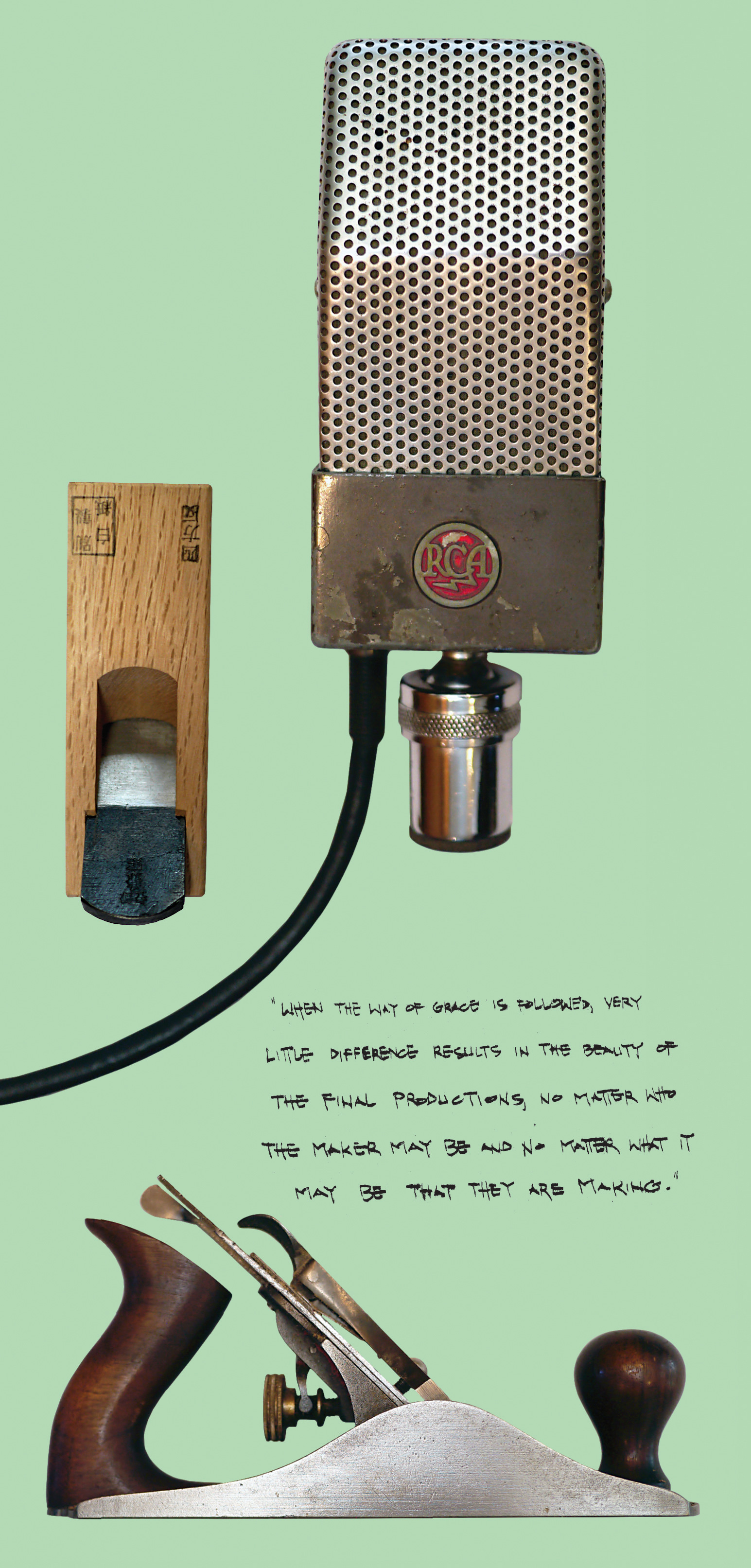When I was in the process of rebuilding our studio’s
B-room last year, I began rethinking some of the racks we were currently using. I wanted to get something sturdier that would also fit the aesthetic of our space – natural wood, stone, and rustic tile. The various black anvil racks and black laminated pressboard we had accumulated felt way too ‘80s and out of place in the space. About this time, Louis DeFelice of Carpenter Studio Gear offered to send a few of his Studio Racks to try out, and I took him up on the offer. Louis is an audio engineer/producer based in Brooklyn, NY, who was short on work when the pandemic hit in 2020, so he turned to his carpentry skills to make racks for all the folks suddenly building small recording spaces in their houses. All of his Studio Racks are custom built to order, super sturdy, and made from Baltic birch furniture-grade plywood with high-quality hardware and stains. He also makes a very cool mixing desk, with built-in rack spaces that I was tempted by, but ultimately we went with a different desk. I did end up with several of Louis’ Studio Racks for our B-room that are all modular and strong enough to use for remote gigs when we have them – plus they look great in our space! These would not be out of place in a photo spread for Dwell Magazine or an Ableton Live [Tape Op #143] ad. Louis builds all his Studio Racks custom to order with a two-week turnaround time. While there are some standard options, he can build anything you might want or need, like using woods such as maple or walnut with hardware options like hairpin legs. Because his racks are wood, they’re also easy to customize yourself. I ended up adding some heavy-duty folding metal handles to one of my Studio Racks that travels between the studio and remote gigs. Because of the solid wood construction, it was easy to do and works properly. These racks may cost a little bit more than the many press-board laminates and cheap plastic options out there, but they look better, will last longer, and won’t be adding more plastic into the world.
500 Series, Rackmount | No. 126
PS48DB25F 500 Series Patchbay
by Geoff Stanfield
When looking for a new TT patchbay with DB25 connectors to add to the several I already have, I needed options beyond the typical offerings; something that was a step up in terms of quality and...




_disp_horizontal_bw.jpg)